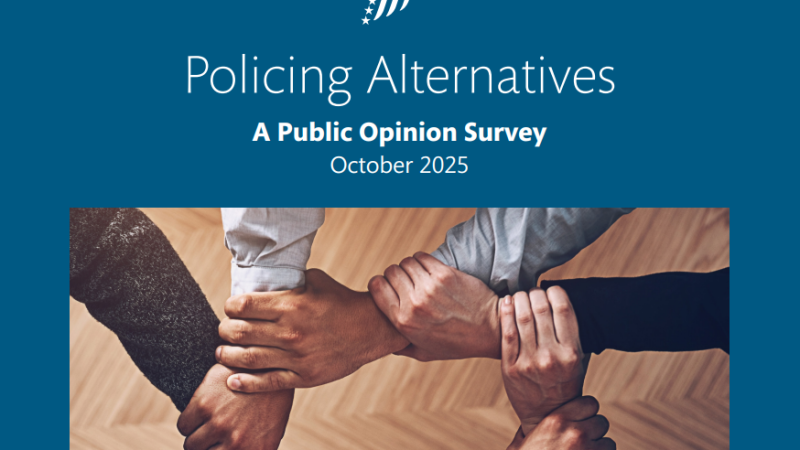Policing Alternatives: A Public Opinion Survey

Global Impact Starts with You
Your support sustains the Carter Center's mission of waging peace, fighting disease, and building hope around the world.


Your support sustains the Carter Center's mission of waging peace, fighting disease, and building hope around the world.
